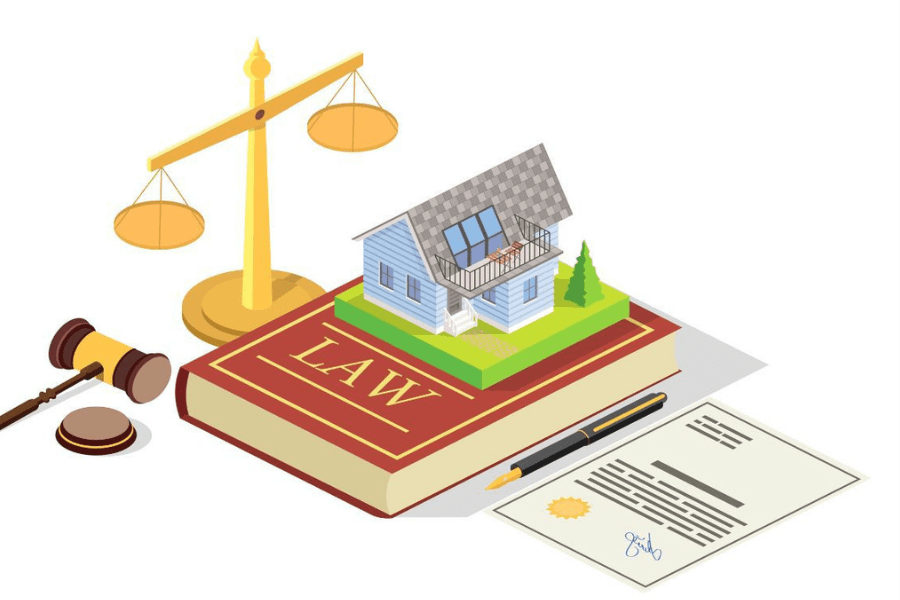Understanding Zoning Laws and Regulations When Buying Land

Welcome to the whimsical world of zoning laws and regulations! Just like a peculiar puzzle, these zoning codes and ordinances can make your head spin faster than a tilt-a-whirl. But fear not, dear land buyers! In this guide, we’ll unravel the eccentricities of zoning to help you navigate the magical realm of land purchases with confidence and finesse.
Zoning Laws and Regulations:
Zoning laws are local regulations that divide land into different zones or districts with specific permitted uses and restrictions. These laws aim to maintain order, control land use, protect property values, and promote harmonious development within communities. Zoning regulations typically cover various aspects, including land use, building height and size restrictions, setbacks, parking requirements, signage rules, and more.
Common Zoning Categories:
Zoning districts can vary from one locality to another, but there are several common zoning categories that you are likely to encounter when buying land:
Residential Zones:
Primarily designated for housing, these zones typically include single-family homes, multi-family buildings, townhouses, and sometimes certain home-based businesses. Residential zoning laws typically dictate the types of housing allowed in specific areas, including single-family homes, apartments, and townhouses. They may also include regulations on setbacks, building height, lot size, and home-based businesses within residential zones.
Commercial Zones:
These zones are intended for commercial activities such as retail stores, offices, restaurants, and hotels. They often have specific regulations regarding building size, parking, and signage.
Industrial Zones:
Reserved for manufacturing, warehouses, and industrial operations, these zones tend to have restrictions on noise, pollution, and setbacks from residential areas.
Agricultural or Rural Zones:
These zones are typically designated for farming, ranching, and agricultural activities. They may have regulations regarding land size, livestock, and certain limitations on non-agricultural uses.
State-Level Considerations:
In addition to local zoning laws, it is important to consider state-level policies and regulations that may impact land purchases:
State Zoning Enabling Acts:
Each state has its own legislation that empowers local governments to establish and enforce zoning regulations. These acts outline the authority and limitations of local zoning authorities.
Environmental Regulations:
States may have specific environmental regulations that impact land use and development, particularly in sensitive areas such as wetlands, coastal zones, or protected habitats.
Subdivision Regulations:
Some states have subdivision regulations that govern the division of land into smaller parcels. These regulations often address aspects such as road access, utilities, and infrastructure requirements.
Growth Management and Smart Growth Policies:
Certain states have implemented growth management policies or smart growth initiatives aimed at controlling urban sprawl, preserving open spaces, and promoting sustainable development practices.
Understanding zoning laws, regulations, and state policies is vital when buying land in the US. By familiarizing yourself with local zoning ordinances, common zoning categories, and state-level considerations, you can make informed decisions and navigate the complexities of land acquisition more effectively. Consult with local planning departments, land-use attorneys, or real estate professionals to gain a comprehensive understanding of the zoning landscape in your desired area and ensure your land purchase aligns with your intended use and goals.
Here at Mrlandseller, we provide a platform for everyone interested in buying land.
You can contact us and use our teams to help you through the process to the end.
You can also follow us on social media to be the first one to find out about our new properties (https://www.facebook.com/MrLandSeller/)



